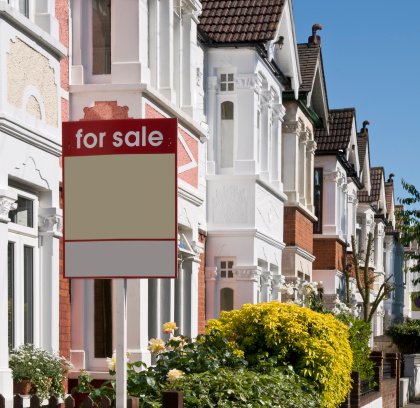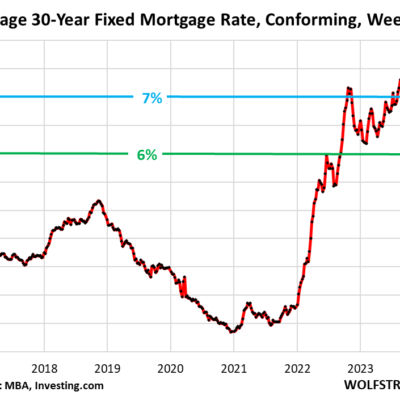The average September house price now stands at £353,958 in England and Wales, down £200 on August, according to the September House Price Index from e.surv.

The data shows that average prices have nudged lower since March. Although the monthly changes are for the most part relatively small, they have undermined the gradually improving year-on-year picture seen earlier.
On an annual basis, average prices in September are about 3.3% lower than a year ago.
For England and Wales as a whole prices are about £25,000 (nearly 7%) below the previous peak reached in October 2022.
The e.surv index points out that cost-of-living pressures have progressively eased for many households and falls in mortgage rates have helped affordability and market sentiment.
With mortgage approvals are at their strongest level for two years. More competitive mortgage deals have helped to stimulate stronger sales.
That said, e.surv reports that prices have remained in check because ongoing pressure on household finances means that buyers remain highly price-sensitive. Also, more vendors have offered their properties for sale in the face of stronger housing demand.
With mortgage lenders continuing to launch lower-priced deals and financial markets anticipating further base rate cuts before year-end, this points towards a market that is poised to move forward over the short-term.
According to e.surv, lower rates are likely to be particularly beneficial in the higher-priced markets such as London and the South East, and this may unlock a stronger pick-up in house prices at the national level.
The headline 3.3% year-on-year decrease in house prices seen across England and Wales in September would shrink to 2.8% if London and the South East were excluded.
In recent months London has had a neutral impact as annual price changes in the capital have closely matched the headline figure. By contrast, the South East has been a significant drag, depressing the performance of the overall market by 1% in some months .
The East of England, and more recently the South West, are also undermining overall price movements. With prices in these regions and London still 7- 9% below their peak levels, there is potential for the national picture to improve materially as the impact of lower mortgage rates on affordability works through.
Commenting on the latest figures, e.surv director Richard Sexton said: “The negligible small reduction in prices reflects the mixed news for housing in the broader economy. While the cost-of-living pressures have eased for many households and falls in mortgage rates have helped affordability, the falls in interest rates predicted at the beginning of the year have not really materialised. The General Election, Euros and Olympics, all contributed to flat growth in the broader economy and likely took its toll on the housing market.
He added: “On the horizon is the budget and while there is little expectation of help for buyers, there is a clear expectation from government announcements to date of tax rises that will impact them. This is likely to be especially true for vital first-time buyers who are often supported by the Bank of Mum and Dad.”





